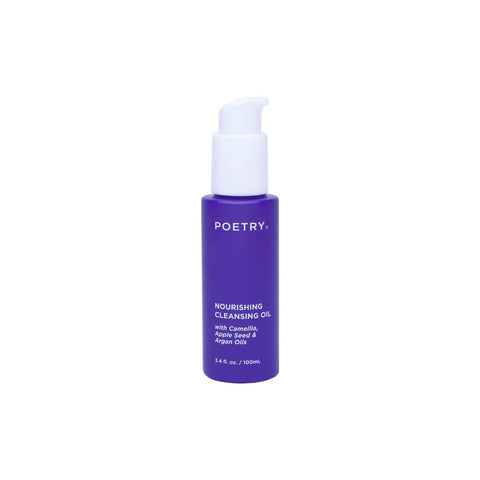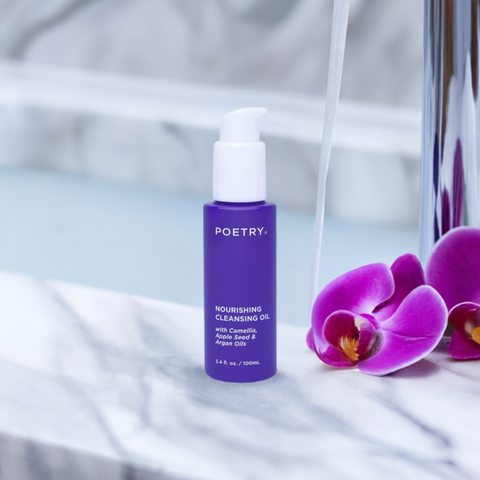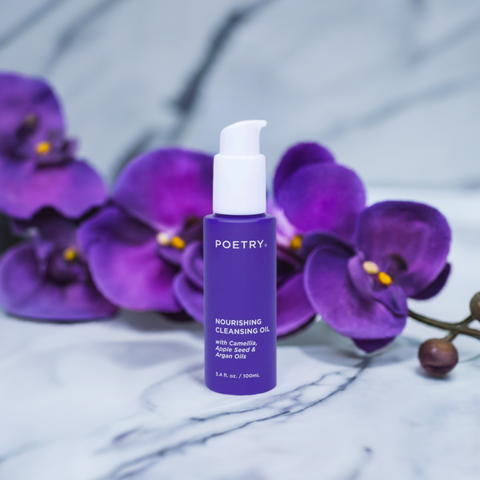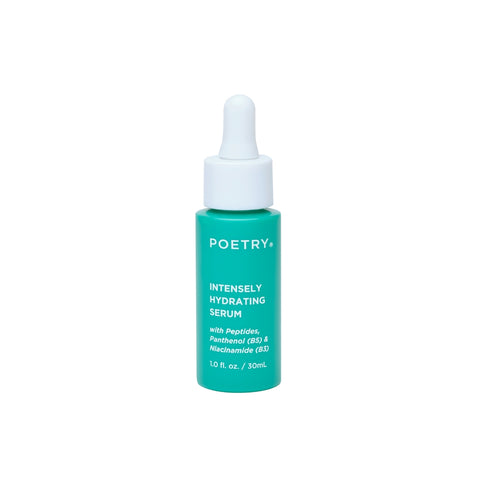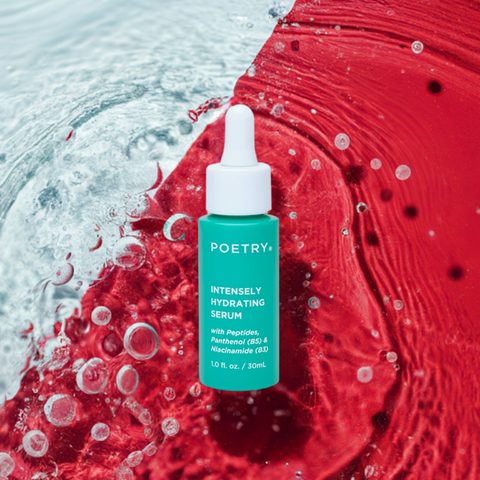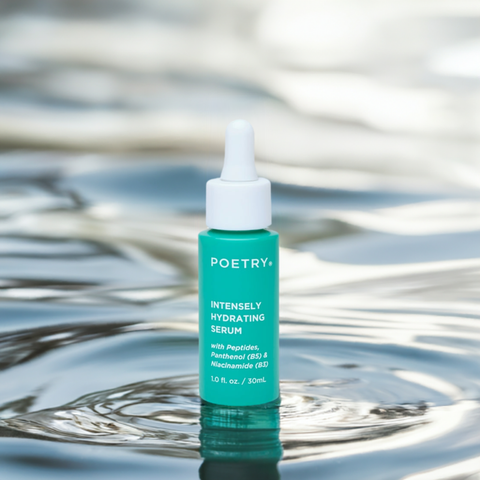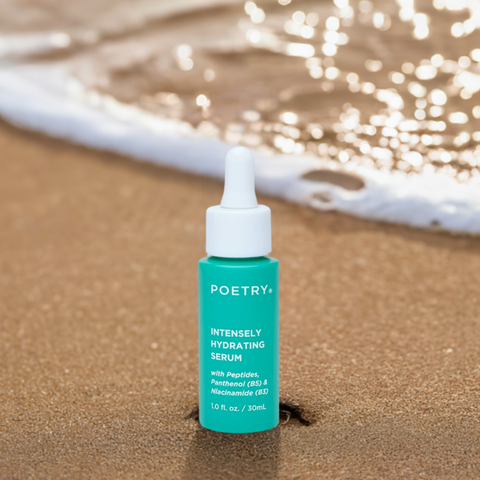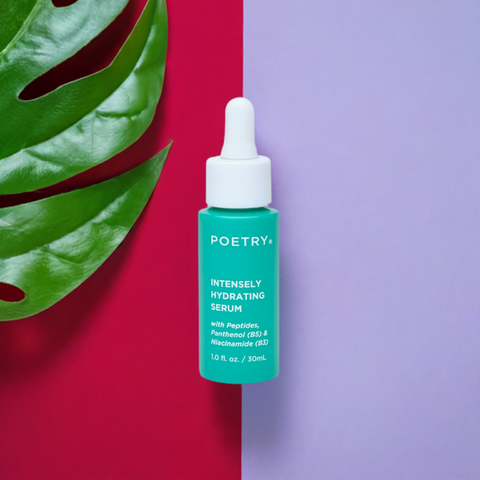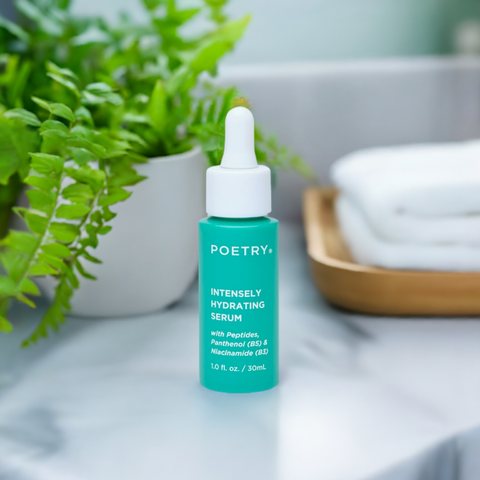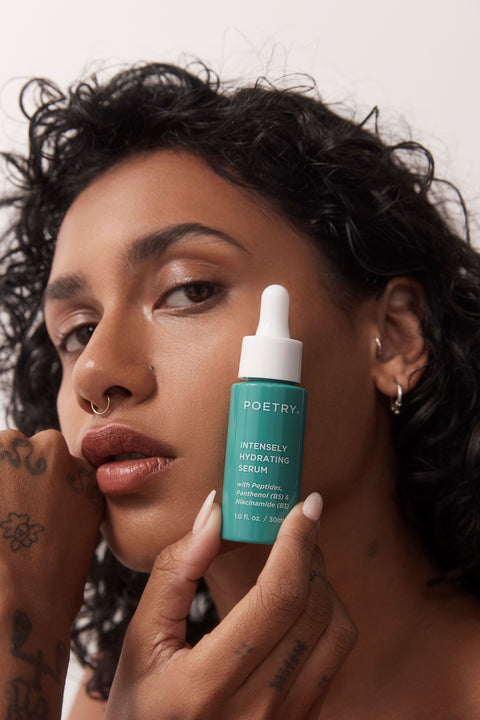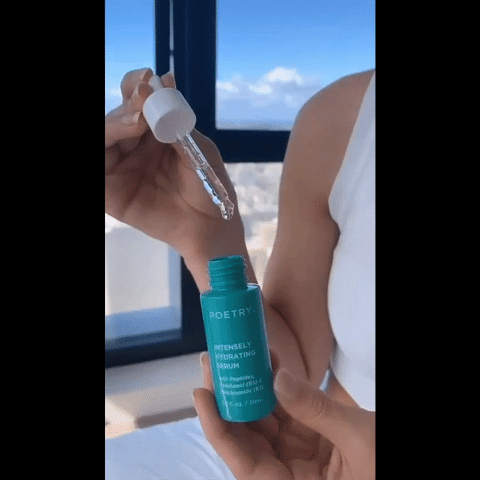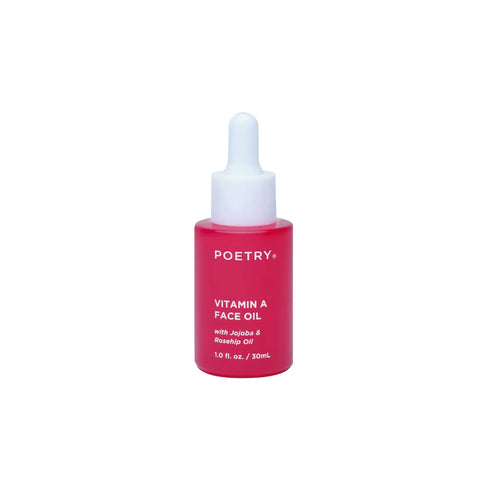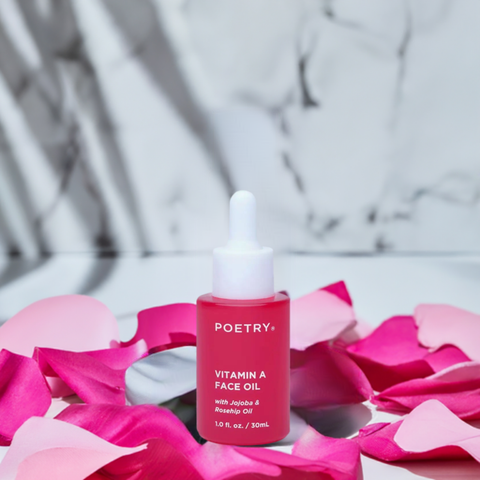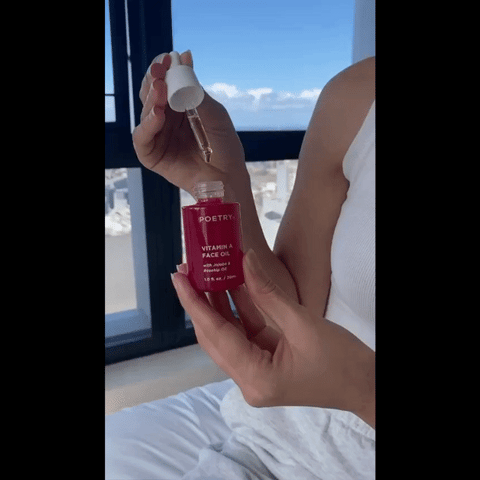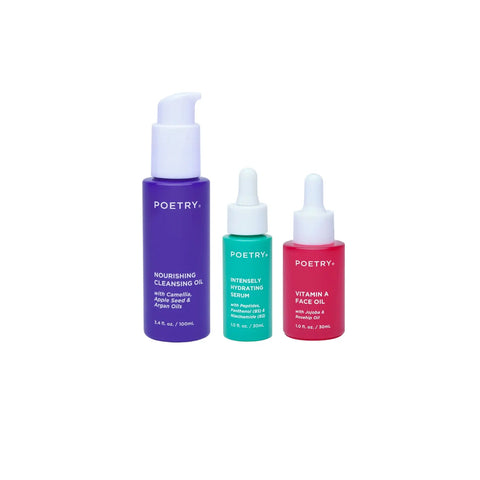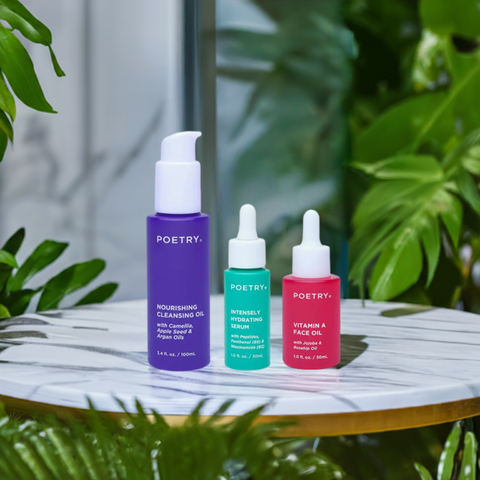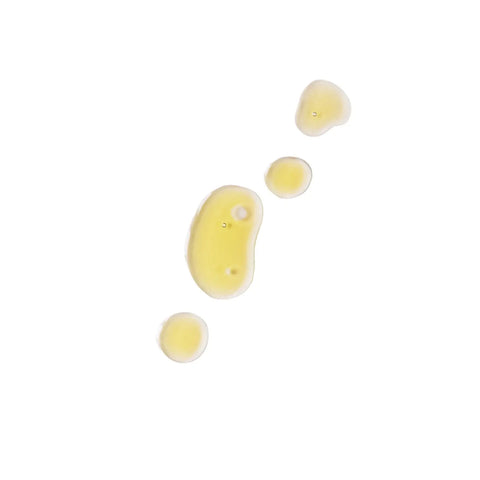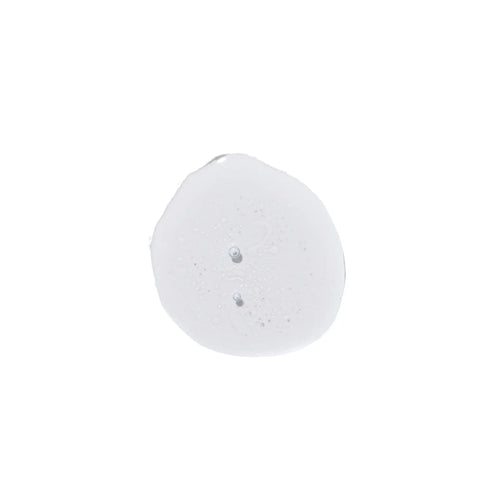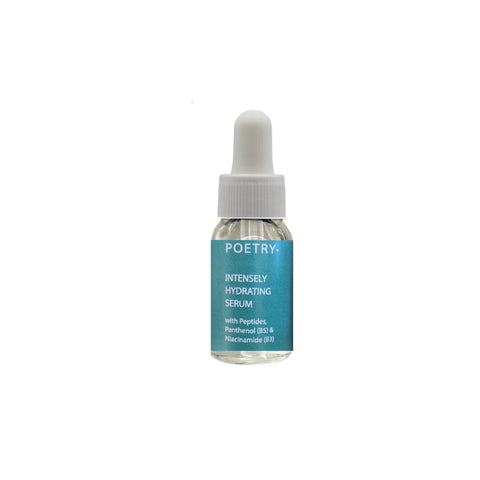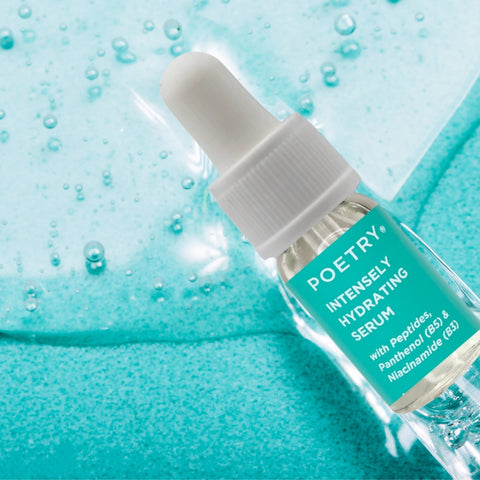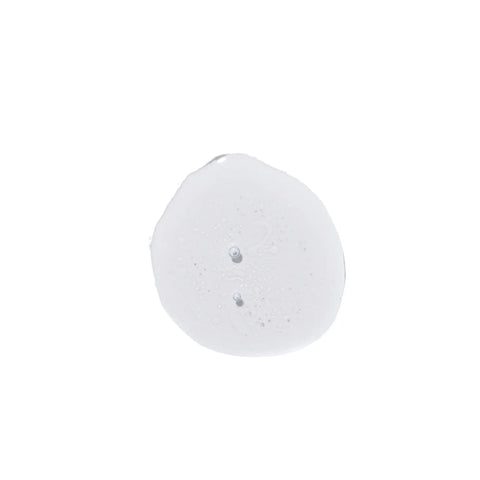Rosehip Oil (Rosa Canina Fruit Oil)
Benefits: Helps lock moisture into the skin, minimise appearance of fine lines and wrinkles.
Categories: Antioxidants, Fatty Acids, Vitamins
- ability to help lock in moisture into the skin
- minimise the appearance of fine lines and wrinkles
- natural form of Vitamin A known as retinoic acid
- contains high levels of antioxidants that help fights against signs of ageing.
Description
Rosehip oil is scientifically recognized for the topical effects of natural trans-retinoic acid (vitamin A) of which it contains.
Rose hip oil is extracted from seeds of rose hip (Rosa canina L.) and contains substantial unsaturated fatty acids (UFAs). Rose hip seed oil is high in the essential fatty acids: linoleic acid or omega-6, and α-linolenic acid or omega-3. An appreciable number of lipophilic antioxidants is present, especially the tocopherols and carotenoids. Rose hip oil also contains high level of phenolic acids, especially p-coumaric acid methyl ester, vanillin, and vanillic acid. Due its high composition of UFAs and antioxidants, this oil has relatively high protection against inflammation and oxidative stress [109]. Shabikin et al. has tested the efficacy of topical rose hip seed oil together with an oral fat-soluble vitamins on different inflammatory dermatitis such as eczema, neurodermatitis, and cheilitis, with promising findings of the topical use of rose hip seed oil on these inflammatory dermatoses [110] and has relatively high protection against inflammation and oxidative stress.[2]
Research on rose hip oil has shown that it reduces skin pigmentation, reduces discolouration, acne lesions, scars and stretch marks, as well as retaining the moisture of the skin and delaying the appearance of wrinkles.
References:
- J. Concha; C. Soto; R. Chamy; M. E. Zúñiga (2006). "Effect of rosehip extraction process on oil and defatted meal physicochemical properties". Journal of the American Oil Chemists' Society. 83 (9): 771–775. doi:10.1007/s11746-006-5013-2. S2CID 53663184.
- ^ Lin, T.K.; Zhong, L.; Santiago, J.L. (2017). "Anti-Inflammatory and Skin Barrier Repair Effects of Topical Application of Some Plant Oils". International Journal of Molecular Sciences. 19 (1): 70. doi:10.3390/ijms19010070. PMC 5796020. PMID 29280987.
- ^ Michalak, Monika; Kiełtyka-Dadasiewicz, Anna (4 March 2019). "Oils from fruit seeds and their dietetic and cosmetic significance". Herba Polonica. 64 (4): 63–70. doi:10.2478/hepo-2018-0026. Retrieved 20 November 2019.
- ^ "Rosehip Oil". 24 March 2020.
- ^ Ilyasoğlu, H. (2014). "Characterization of Rosehip ( Rosa canina L . ) Seed and Seed Oil". International Journal of Food Properties. 7 (17): 1591–1598. doi:10.1080/10942912.2013.777075.
- Journal of Cosmetics, Dermatological Sciences and Applications, 2015, 5, 161-167 Published Online June 2015 in SciRes. http://www.scirp.org/journal/jcdsa http://dx.doi.org/10.4236/jcdsa.2015.52019
- Int. J. Mol. Sci. 2018, 19(1), 70; https://doi.org/10.3390/ijms19010070 Anti-Inflammatory and Skin Barrier Repair Effects of Topical Application of Some Plant Oils, by Tzu-Kai Lin, Lily Zhong, & Juan Luis Santiago.
- Dr Fabiola Carbajal, M.D - "Results were superb using rosehip oil and cream in all our clinical studies, even with scars over 20 years old."
- J.F. Oliver, Fats & Oils Journal No.25 Dec 1996 - "In a study of 90 patients who had suffered burns, a four month treatment of rosehip oil resulted in 97% improvement in relation to their initial state. "





